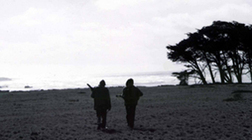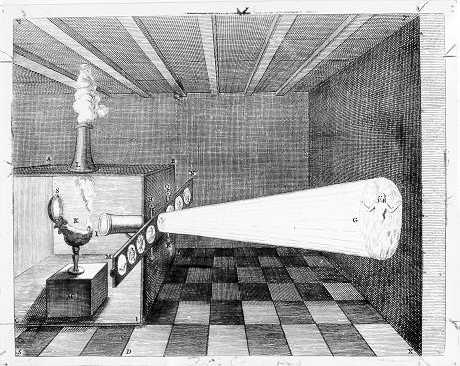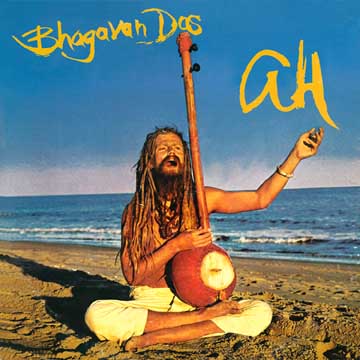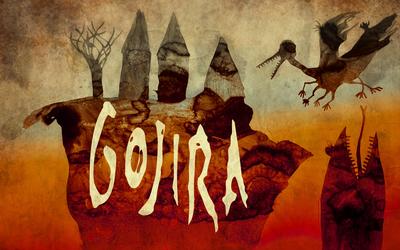
A Memory in a Dark Room
I was most happy to have received the Blithe Son’s The Great Orthochromatic Wheel on vinyl, not only because I love the musical equivalent of hardback books, but because the experimental acoustic act is so deeply analog in attitude and atmosphere. It also allows me to describe the moment on the first side where the Bay Area duo’s beautiful and hazy improv drone-trance—here woven from a rag tag clutch of instruments including plucked guitars, zithers, bells, and the wheezily wonderful Vietnamese khen—gives way to a familiar lyric wrapped in a vaguely familiar tune:
Looking for someone
I guess I’m doing that
Trying to find a memory in a dark room…
The band weave this bit into their quiet, edgy soundworld so effortlessly that it doesn’t sound like a cover tune, and if you didn’t spent a healthy chunk of your adolescence listening to Gabriel-era Genesis, you would just continue to float along with Glenn Donaldson’s sung-said half mumbled melodies. But for someone who did, someone like me, this wispy quotation from the opening tune on the great Trespass suddenly unfolded another dimension to the Blithe Sons’ already rich acoustic drift exotica.
Covers can function as crutches, as pop sops, and as claims of identity, and as pure expedience. Here this half-buried cover (listed in the minimal credits as “based on themes from genesis’ trespass”) functions as a secret wink: an acknowledgement that what is for many one of the most pretentious and risible of prog rock bands contain threads of moody enchantment that reach the same earthy inner planes the Blithe Sons reach through their slack and somber post-song rambles.
In general, I think of Genesis and Gabriel both as acts to outgrow. That said, I remain continually amazed by “Supper’s Ready,” Genesis’ side-long kid-show Christian apocalypse that I listen to once or twice a year, and without ever failing to grow misty eyed at the close. But 1970’s Trespass remains my favorite album of theirs. With its cerulean medieval cover, its hazy poesy and wolf lore, and its tapestry of acoustic moods that closes with a vicious slaughter romp (“Knife”), Trespass is like a classic fantasy novel from William Morris on wax.
The Great Orthochromatic Wheel has no such pretensions, even if it is experimental music. It is a miniature garden of an album, made in a few afternoons by two lovers of sound who feel no need to define themselves with an explicit musical form or message. I saw the band open for the legendary Peter Hammill a few weeks ago, and they underwhelmed the largely grey-haired prog rock crowd, who I suspect wanted more meat on the bones. But the Blithe Sons are not meat: they are water and wind.
After all the work these guys have done over the years with their variously drifty, deeply analog bands—Coelacanth, Skygreen Leopards, Thuja, The Birdtree, all worthwhile—they have reached a rare place of genuinely organic informality. The acoustic textures, the ambient bird recordings, the absence of pulse—all feel deeply lyrical, far more evocative that your average drone orchestra or experimental psych-folk jam. Here light and offhand gestures have the grace and subtlety of brooks or boughs bending in the wind. As Gabriel sang, “Take this dream the stars have filled with light…”




